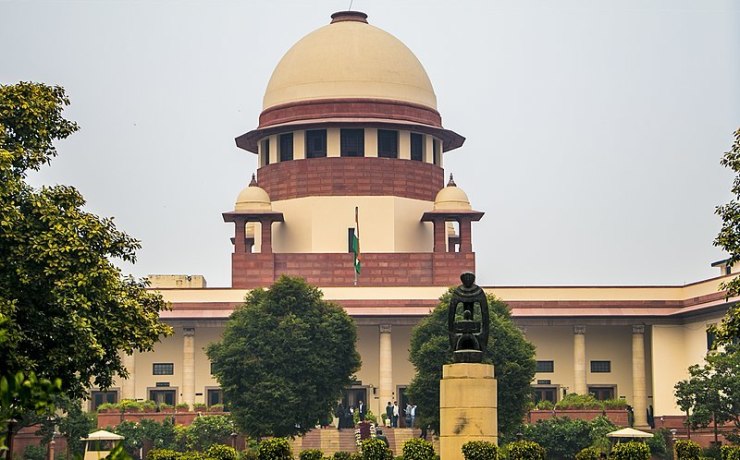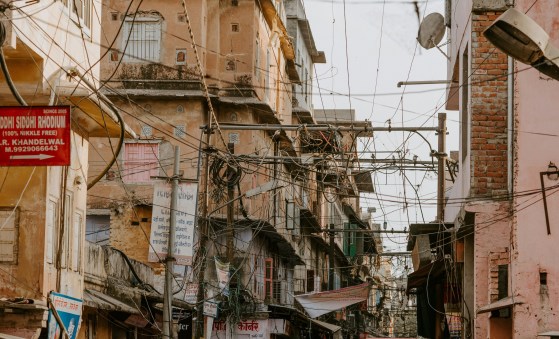
The Supreme Court of India has ruled that religious conversion undertaken solely to secure reservation benefits, without genuine belief in the adopted faith, constitutes a “fraud on the Constitution” and undermines the social ethos of India’s reservation policy.
The judgement was delivered on November 26 by a bench comprising Justices Pankaj Mithal and R Mahadevan, who upheld a Madras High Court order that denied a Scheduled Caste certificate to a woman from Puducherry who claimed Hindu status whilst actively practising Christianity.
The case centred on C Selvarani, who had applied for an Upper Division Clerk position in Puducherry in 2015. Her application was initially successful, with her name appearing at Serial No 48 under the Scheduled Caste category. However, authorities later rejected her application upon discovering discrepancies in her religious status.
Selvarani, born on 22 November 1990, claimed she was born to a Hindu father and a Christian mother, asserting that her father, grandparents, and great-grandparents belonged to the Valluvan caste, which falls within the ambit of The Constitution (Pondicherry) Scheduled Castes Order, 1964. She maintained that her mother, originally Christian, had converted to Hinduism after marriage.
However, a detailed investigation by the Village Administrative Officer revealed a different story. Documentary evidence showed that Selvarani's parents’ marriage was registered under the Indian Christian Marriage Act of 1872. Further investigation uncovered that her father, who originally belonged to a Scheduled Caste community, had converted to Christianity. Records showed that Selvarani’s brother was baptised on 7 May 1989, and she herself was baptised on 6 January 1991, merely two months after her birth, at Lourdes Shrine, Villianur, Pondicherry.
In their 21-page verdict, the justices emphasised that whilst India remains a secular country where citizens have the right to practise and profess any religion of their choice under Article 25 of the Constitution, conversion must stem from genuine inspiration by the principles, tenets, and spiritual thoughts of the chosen religion.
“Despite the same, she claims to be a Hindu and seeks for Scheduled Caste community certificate for the purpose of employment. Such a dual claim made by her is untenable and she cannot continue to identify herself as a Hindu after baptism,” the bench stated.
The court dismissed Selvarani's argument that her claim to Hinduism was validated by her temple visits and worship of Hindu deities. The justices noted that neither she nor her family had undertaken any positive acts to demonstrate genuine conversion to Hinduism, such as following procedures prescribed through the Arya Samaj or making public declarations of faith.
The bench also rejected as “feeble” Selvarani’s contention that her baptism occurred when she was less than three months old, pointing out that she had never attempted to cancel the registration of her baptism or file any declaratory suit regarding her religious status.
The ruling holds particular significance as a larger question regarding the constitutionality of using religion as a yardstick for Scheduled Caste quota remains pending before the Supreme Court. Currently, the 1950 Constitution (Scheduled Castes) Order issued by the President mandates SC status only for Hindus, with Sikhs and Buddhists also being considered Hindu for reservation purposes.
The 2007 Justice Ranganath Mishra Commission report on Religious and Linguistic Minorities had recommended extending Scheduled Caste quota to Dalit Christians and Muslims, acknowledging that social discrimination often persists regardless of religious conversion.




